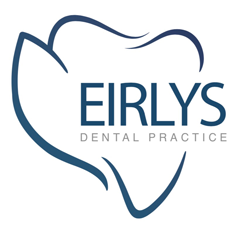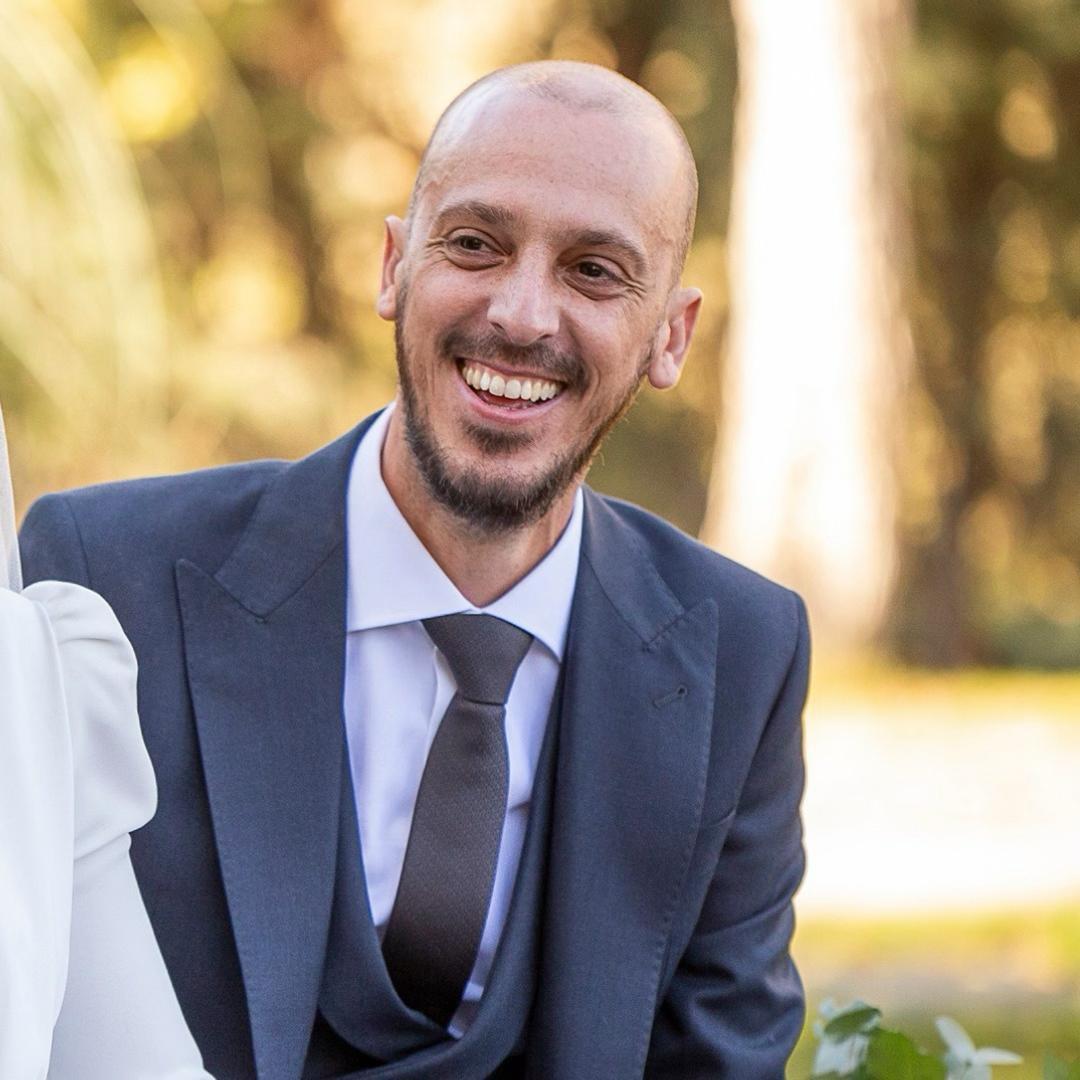What is a dental implant?
A dental implant is an artificial replacement for a missing tooth.
Generally, dental implants are made from titanium due to its biocompatibility with the environment within the mouth.
The titanium implant essentially acts as the root of the tooth which is surgically placed into bone and then is restored typically with a porcelain crown or bridge.
An implant is fixed therefore eliminating the need for a denture. It is placed without compromising any adjacent teeth. Implants are an excellent way to replace missing teeth for both functional and
cosmetic reasons. Dental implants have a high surgical success rate and with adequate care can last for many years.
Am I suitable for implant treatment?
Firstly it is important that issues likely to effect a possible implant placement are addressed and dealt with, including poor gum health or outstanding dental treatment.
To know if you as a patient are suitable for implant treatment a couple of consultation appointments maybe required.
An examination of your mouth will be carried out to ensure that your oral condition is stable and to assess the intended area for implant placement. X-rays may also be taken at this stage alongside extra and intraoral dental photographs. We will then carry out a specialised scan in practice known as a C.B.C.T of your
jaw bone, this is to assess the quality and volume of the bone, map out anatomical structures and ensure accurate surgical planning.
If the scan reveals that you have insufficient bone where an implant is to be placed a bone graft may be recommended. This is a standard procedure and usually involves the use of either synthetic, animal derived or cadaver bone. A review appointment will be made for a discussion of the findings from the
C.B.C.T scan and a verbal quotation of prices will be given with a proposed treatment plan.
On completion of the consultation stage a written treatment plan and consent form(s) will then be sent to your home address. Then the date of surgery will be booked.
What does implant treatment involve & how long does it take to complete?
Implant treatment is generally carried out in a few stages rather than in one go, this provides greater predictability for a successful outcome.
A small flap is raised from the soft tissues in the area of a missing tooth then the implant is placed into the bone and a cover screw is tightened onto the head of the implant. The flap is then sutured and reviewed approximately 2 weeks later where the stitches will be removed.
Over a time period of about 3 months, new bone grows around and onto the surface of the implant integrating with it. This stabilises the implant and is referred to as ‘osseointegration’. At this point a minimal incision under local anaesthetic will be made, the cover screw from the head of the implant will be replaced by a slightly larger component called a ‘healing abutment.’ The purpose of a healing abutment is to shape the soft tissues to act as a collar around the implant crown.
After having this healing abutment in place, impressions can then be taken and sent to the dental laboratory for the restorative phase, that being a crown or bridge work. Once the restoration is fitted an appointment will be booked to review it.
From start to finish the treatment can take from 9 to 12 months. Please bear in mind that each case is on an individual basis therefore these given timeframes are to be used as a guide only and may vary.
Does the surgery hurt?
You should not feel pain during the surgery itself as you will have received local anaesthetic. By having the surgery carried out under local anaesthetic it is much safer and you can communicate easily throughout the process ensuring your comfort. Once the anaesthetic has worn off you may experience mild discomfort and swelling or
bruising therefore we advise you to take painkillers and use an icepack to help reduce any likely swelling.
It is recommended that after the surgical procedure you take time off to rest and recover, usually 2 days off work is sufficient but this varies amongst patients .
What is the success rate and can implants fail?
It has been reported that there is up to a 95% success rate across all of the studies published. Dental implants can last for many years. Habits such as heavy drinking, smoking and poor oral hygiene can compromise the healing stage, health and ultimately the success of an implant, therefore it is advisable to quit all such habits. There are certain medical reasons that could be a contraindication to implant treatment such as chronic conditions making a patient much more susceptible to the risk of infections and have a decreased rate of healing.
What maintenance is involved?
Just as with natural teeth dental implants can have a long lifespan as long as they are well maintained at home firstly with excellent oral hygiene including the use of interdental cleaning aids such as floss and tepe brushes.
It is vital to attend regular dental exams and yearly implant assessments. It is also of paramount importance to attend specific hygiene appointments to clean around the implant and to maintain the general health of your gums to prevent gum disease which could cause an implant to fail.
What will it cost?
The consultation fee is £200, this consultation includes the necessary CBCT scanner.
Dental implants start from £2500 for a single implant with a crown. Bone grafting is from £300.
Finance options are available.
When paying independently the cost of the surgical stage that of the implant placement is due 2 weeks
prior to the date of surgery then the remaining restorative fee is due at the stage of impressions for the crown/bridge/denture work.
Which professional will carry out the surgery & aftercare?
Dr Dario Sales Lloret qualified as a general dental surgeon in Madrid Spain in 2011 Lic Odont and is
registered with the GDC reg no 221371.
He has been working at the practice since 2014 caring for many a patient and is our lead clinician. Well respected amongst colleagues and patients alike Dario is focused on delivering a high standard of care for all.
He is passionate about oral and periodontal surgery and has undertaken further training in this
specialised field. Dario holds a Masters degree in both areas. Dario understands that undergoing dental treatment
in general can cause anxiety, however his calm but professional manner in addition to ensuring that you
are well informed and prepared for your treatment will give you founded confidence.











